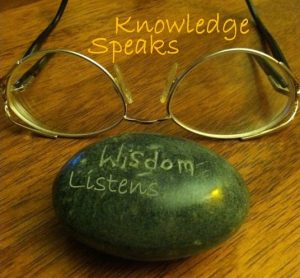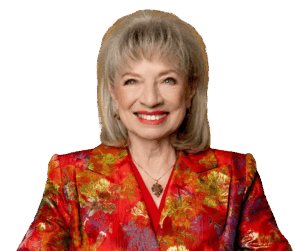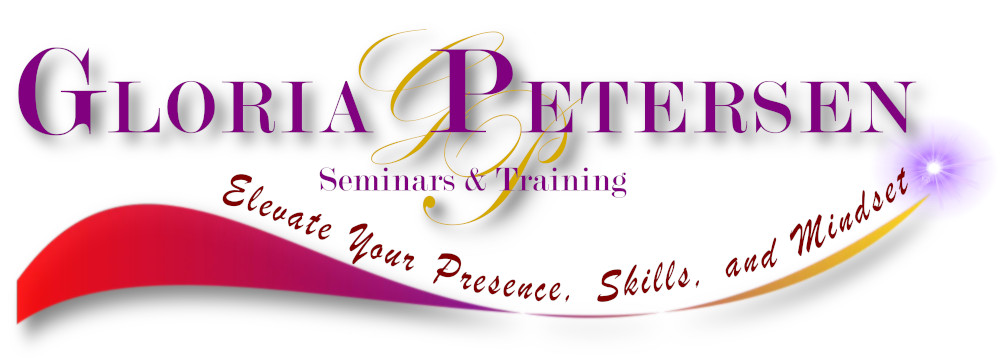
Bridging Knowledge,
Insight, and
Common Sense
What I hear, I forget;
what I see, I remember;
what I do, I understand.
—Confucius, 451 B.C.
Wisdom transcends mere knowledge. It’s an understanding that comes with age, experience, and a willingness to learn from life’s challenges. Wisdom is the ability to apply knowledge thoughtfully, considering timing, sensitivity, and the impact on others. It involves learning from errors, valuing differing opinions, and maintaining an openness to interpretation.
Understanding the Differences
- Knowledge is having facts and information. It’s the foundation for wisdom and involves respecting each other’s viewpoints.
- Wisdom applies knowledge to real-life situations. It’s about living out what we know with kindness, respect, and foresight.
- Common Sense is knowing when and how to use knowledge and share wisdom. It involves appropriateness and sensitivity in every aspect of life.
The Journey to Wisdom
Wisdom is a gift developed over time. Some may have abundant knowledge but need more common sense, while others possess insight but need help with discretion. Striking the right balance between these aspects is crucial for personal and professional growth. Ask yourself: Do your actions align with your intentions and values?
Wisdom in Communication and Mentorship
We communicate knowledge and wisdom through various means—electronically, by mail, and in person. Combining knowledge with wisdom is essential for truly understanding and solving problems. Mentorship plays a significant role in this process, especially in cross-mentoring. (For insights on my approach to mentoring, please visit my Coach and Mentor page.)
Cross-Mentoring Wisdom
Traditionally, mentoring involves seasoned employees guiding newcomers. However, cross-mentoring fosters a reciprocal exchange, where seasoned employees learn from the fresh perspectives and knowledge of new hires. This balance of sharing enhances workplace effectiveness and builds stronger relationships.
Aging Gracefully: The Role of Wisdom in Leadership
Have you ever wondered why leaders like the President of the United States or corporate CEOs are often in their 70s, while corporate America typically retires employees at 65? The wisdom gained through years of experience is invaluable and should be preserved to mentor others and drive progress. While technology advances rapidly, wisdom should guide its application. In leadership, mental agility—not age—is what truly matters.
Biblical Wisdom: A Timeless Resource
The Bible teaches that wisdom is a treasure, offering protection and guidance. In an age where knowledge is abundant, wisdom is becoming scarce. We must treat it as a precious resource, using it to build a solid foundation for success and happiness. (Resource—Proverbs 2:6-11)
Final Thoughts: Listening to Wisdom
Sometimes, wisdom is found in silence. It’s that inner voice guiding you in the right direction. Take time to listen, reflect, and act wisely.
Join the Conversation
We all have wisdom to share.
Please comment below with your insights and experiences—your
wisdom could be the guiding light for someone else.


